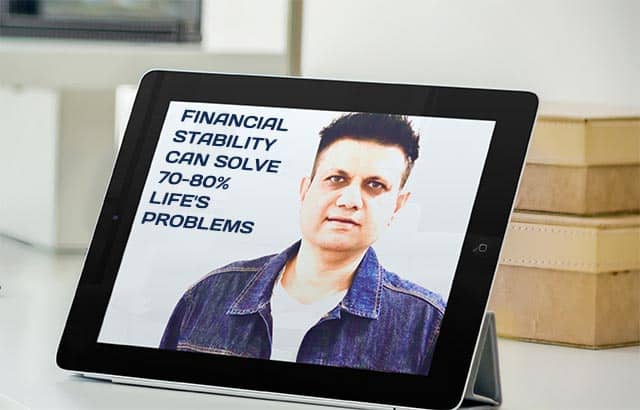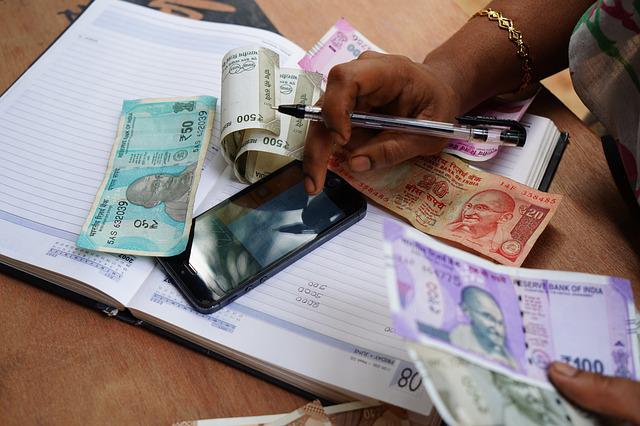Money Matters? – Of Course BIG Yes! Having enough money in account can solve 70-80% problems of our lives
Money is a crucial aspect of our lives, impacting everything from our daily decisions to our long-term goals. While it’s often said that money can’t buy happiness, it’s hard to deny the role it plays in our overall well-being. In this guide, we’ll explore the importance of money in life and provide tips for developing a healthy relationship with it.
Table of Contents
Understanding the Role of Money in Our Lives
The Psychology of Money: Understanding Our Relationship with Money.
- Our relationship with money is complex and often influenced by our upbringing, culture, and personal experiences.
- Some people view money as a source of security and stability, while others see it as a symbol of success and status.
- Understanding our own beliefs and attitudes towards money can help us make better financial decisions and improve our overall well-being.
- It’s important to recognize that our relationship with money is not fixed and can be changed with intentional effort and self-reflection.
The Impact of Money on Our Mental Health.
- Money can have a significant impact on our mental health.
- Financial stress and insecurity can lead to anxiety, depression, and other mental health issues.
- On the other hand, having financial stability and security can improve our overall well-being and reduce stress.
- It’s important to develop healthy financial habits and seek support when needed to maintain good mental health.
Money and Relationships: Navigating Financial Conversations.
- Money can be a sensitive topic in relationships, but it’s important to have open and honest conversations about finances.
- This includes discussing financial goals, budgeting, and any concerns or challenges related to money.
- It’s also important to establish boundaries and expectations around spending and saving.
- Seeking the help of a financial advisor or therapist can also be beneficial in navigating these conversations and maintaining healthy relationships.
Developing a Healthy Relationship with Money: Tips and Strategies.
- Developing a healthy relationship with money is crucial for overall well-being.
- One tip is to create a budget and stick to it, which can help reduce financial stress and anxiety.
- It’s also important to prioritize saving for emergencies and long-term goals, such as retirement.
- Another strategy is to practice gratitude and focus on the things money can’t buy, such as relationships and experiences.
- Seeking professional help, such as financial counseling or therapy, can also be beneficial in developing a healthy relationship with money.
The Importance of Financial Planning and Budgeting.
- Financial planning and budgeting are essential components of developing a healthy relationship with money.
- By creating a budget, you can track your income and expenses and identify areas where you can cut back or save.
- This can help reduce financial stress and anxiety and allow you to prioritize your spending on things that are important to you.
- Financial planning also involves setting long-term goals, such as saving for retirement or a down payment on a house, and developing a plan to achieve those goals.
- Seeking the help of a financial advisor or counselor can be beneficial in developing a comprehensive financial plan.

























